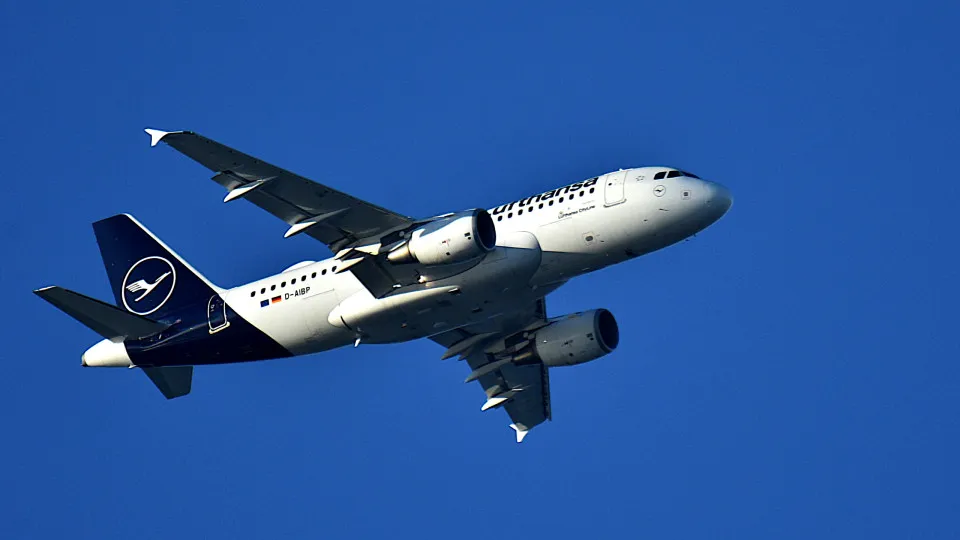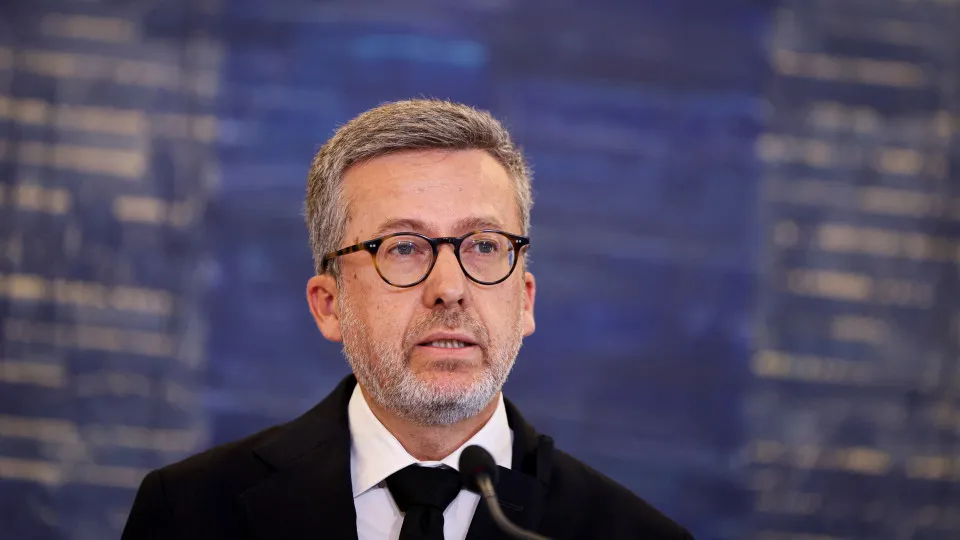
This workforce reduction, nearly 4% of the total staff, represents the largest since the Covid-19 pandemic. It will be conducted “in cooperation with social partners” with a focus on administrative positions rather than operational roles, the German company stated in a communication released during the group’s investor day.
Earlier this month, Lufthansa expressed its intention to “carefully” examine the privatization tender of TAP, previously considering itself “the best partner” for the Portuguese airline “and for Portugal.”
Lufthansa emphasized its historical connection to TAP through the Star Alliance and its investment in new maintenance facilities near Porto.
“We look forward to entering the process to evaluate the requirements set by the government and the commercial feasibility of a potential investment,” the German group responded when asked by Lusa regarding the approval of the tender specifications and the timeline for the privatization process of the Portuguese airline.
Last week, Parpública, the state holdings manager, announced that those interested in buying up to 44.9% of TAP’s capital must submit their expression of interest via email by 16:59 on November 22.
The tender also stipulates that 5% of the capital will be reserved for employees, in accordance with the Privatization Law, and the future buyer will have a right of preference over the unsubscribed portion.
Germany and some of its flagship companies are mired in a crisis, facing two consecutive years of recession, with unemployment reaching its highest level in the past decade. Factors include Chinese competition, energy prices, and delays in new technology development.
On Thursday, Bosch, the world’s largest automotive equipment manufacturer, announced the elimination of an additional 13,000 jobs in Germany by 2030.
The Lufthansa group, which employs 103,000 people globally through Lufthansa Airlines, Austrian, Swiss, Eurowings, Brussels Airlines, and ITA Airways, as well as cargo and maintenance divisions, plans to reduce its workforce through digitization, automation, and process streamlining, the statement released today specifies.
The company has set new financial goals for 2028-2030: an adjusted operational margin (EBIT) of 8 to 10%, an adjusted return on pre-tax capital employed of 15 to 20%, and an adjusted free cash flow exceeding 2.5 billion euros per year.
Lufthansa also plans to acquire more than 230 new aircraft by 2030, including 100 long-haul planes, in what the company describes as “the largest fleet modernization in its history.”
The airline group continues to face declining profits in 2024, a year marked by strikes and the normalization of air transport prices following post-pandemic increases.
It now faces a new threat of social conflict, with pilots voting on Tuesday on a strike initiated by their professional union, Vereinigung Cockpit.
[Updated at 08:06]
Lufthansa states it is “the best partner for TAP and for Portugal”




